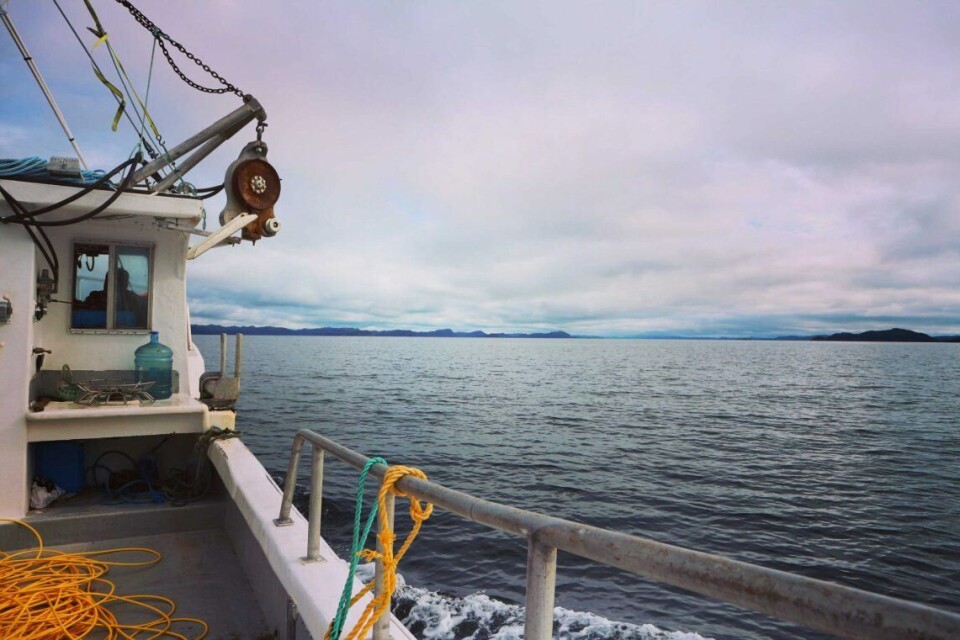
Grieg: Court ruling won't stop our superfarm
Grieg Group is to press ahead with plans for Canada's largest salmon farm despite a Supreme Court ruling that the project must be subjected to a full environmental impact statement (EIS).
The Norwegian group's subsidiary, Grieg Newfoundland Salmon, said the ruling was of "low risk" to its plans for an extensive salmon farming project in the Placentia Bay area in the southeast part of Newfoundland.
In a statement, the company said: "The project has wide public support and has progressed well with regards to licensing and approval for the salmon farming, both in a large land-based facility for smolt and small salmon (post-smolt) up to 1.5 kg, as well as application for 11 sea sites for production of up to 30,000 tons of harvested salmon.

"In a recent court decision in the Supreme Court Trial division of the Province of Newfoundland and Labrador, the Province was found in breach of proper processing of our application. We understand that the Province is contesting the verdict strongly, and will most probably appeal the court ruling. After consulting with our legal team, we consider the court ruling to be of low risk to our project, and will continue business as usual.
"We are already assured by both Federal and Provincial governments that our project has strong public support and public interest by creating jobs and supporting substantial value creation on the Burin peninsula, and that they see no change to their support for the project. We are grateful for the strong local support for the project that is shown every day in the many small coastal communities and organisations that will benefit from the project, including the local fishermen’s organisations. We expect both levels of government to soon make public statements as to their involvement in the project.
"For your information, Grieg NL Nursery Ltd. and Grieg NL Seafarms Ltd have made substantial environmental analysis and studies for all sites, on land and at sea as well as for the area of Placentia Bay according to the requirement of the licensing processes. Access to the environmental studies are public and a summary can be found on our home page."
'Lacked jurisdiction'
The court judgement was announced last week by Supreme Court of Newfoundland and Labrador judge, Justice Gillian Butler, after non-governmental organisation the Atlantic Salmon Federation (ASF) appealed last July's decision by Perry Trimper, who was then Newfoundland and Labrador province minister of environment and climate change, to release Grieg's project from further environmental assessment.
“I conclude the minister lacked the jurisdiction to release the project. The only possible conclusion he could reach was that the project had both ‘significant public concerns, and the potential for significant negative environmental effects,’”, wrote Butler in her judgement.

“My feet were off the ground to see the judgement come in and then to realise that the judge did decide in our favour. We are very, very happy,” said ASF spokesperson Neville Crabbe.
“The judge agreed with us that because of the overwhelming public concern and potential significant, negative environmental effects that this potential Placentia Bay aquaculture project poses it should never have been released and the only option for the minister was to order an EIS.”
Newfoundland and Labrador province has committed to funding CA$45m of the project, which had an estimated total cost of CA$250m (£152m).
Grieg Group owns Grieg Seafood, which farms salmon in Shetland and Skye, as well as in Norway and in British Columbia, western Canada.























































